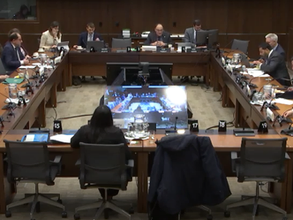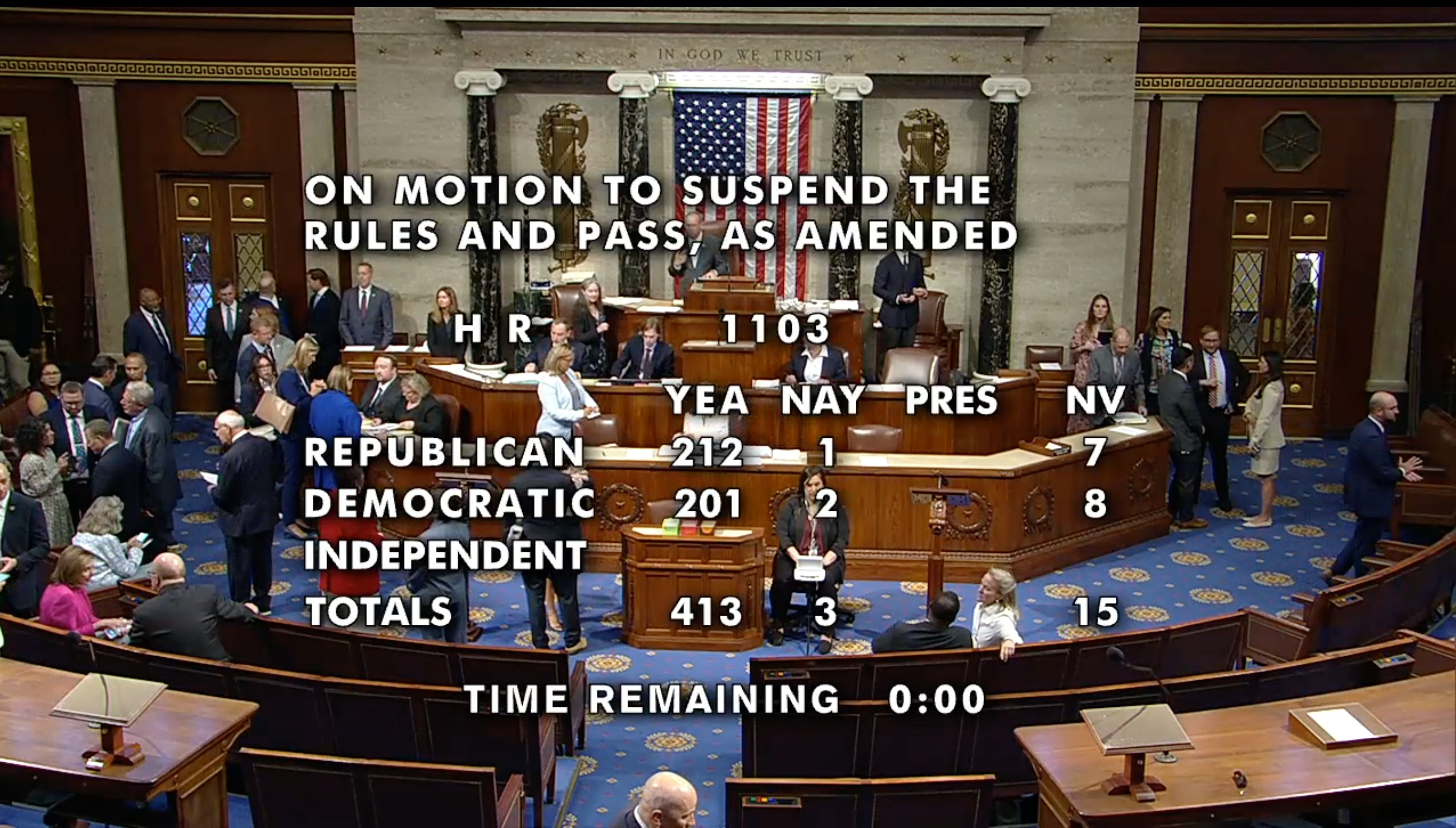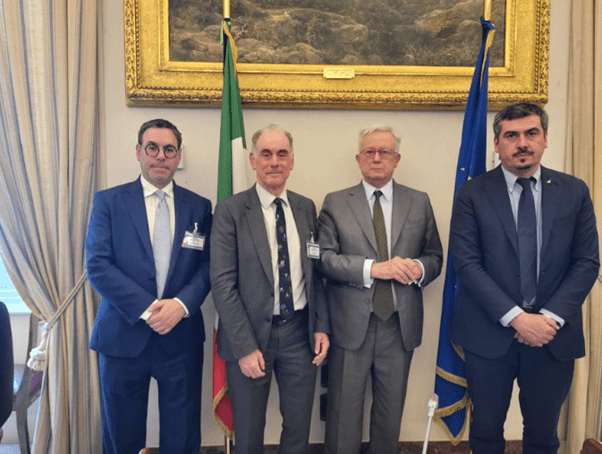
Employees of the U.S.-based HKETOs were conferred special privileges and immunities through Executive Order (E.O.) 13052 implemented on June 30, 1997. The E.O. derives these privileges from the International Organizations Immunities Act (IOIA) and Article I of the Agreement on State and Local Taxation of Foreign Employees of Public International Organizations.
Privileges and immunities include, but are not limited to, the equivalent of diplomatic immunity (which unlike diplomats, can be waived), immunity from search and seizure (including at the airport), and exemptions from customs and import taxes, as well as property taxes. These, and other privileges are extended to family members of HKETO employees and officers under the IOIA.
Former Secretary of State Mike Pompeo decertified Hong Kong’s special status under U.S. law on May 27, 2020, after the People’s Republic of China (PRC) announced its intent to impose the National Security Law on the people of Hong Kong. The decision meant that the Secretary deemed that Hong Kong was no longer sufficiently autonomous to merit separate treatment from the PRC under U.S. law and triggered a series of follow-on actions to decertify its special status. Given that Hong Kong is no longer deemed as sufficiently autonomous from Beijing to merit separate treatment under U.S. law, it is questionable whether they should enjoy separate pseudo-diplomatic representation in the form of the HKETOs.
In May 2024, British authorities arrested an individual who was working at the HKETO in London on charges of “agreeing to undertake information gathering, surveillance and acts of deception.” Britain’s foreign ministry further summoned the Chinese Ambassador to answer for the espionage and cyberattacks on British soil. This follows German authorities arresting an individual who worked at the Hong Kong Trade and Development Council in Berlin, Germany on charges of espionage. Hong Kong police have issued reward notices for Hong Kong activists in the U.S., UK and Canada, including remarkably a U.S. citizen, for their advocacy for freedom in Hong Kong.
In the U.S., the HKETOs operate at the pleasure of the U.S. President. Given that Hong Kong’s special status was decertified, the President could, at any time, say that the HKETOs are no longer able to operate as Hong Kong government entities distinct from the PRC. At a minimum, the President should revoke any special privileges and immunities granted to employees of the U.S.-based ETOs and their family members. Should Hong Kong’s special status be recertified in the future, the Hong Kong ETOs, and their special immunities and privileges, could be reinstated. The U.S. should also look for any other organisations and entities that Hong Kong authorities are exploiting that expand CCP influence in the U.S.
The proposed Hong Kong Economic and Trade Office Certification Act (H.R. 1103; S. 490) requires the President to certify annually whether HKETOs should merit certain privileges and immunities. If the President certifies that they should not within 30 days after the date of the enactment of this Act, then they must terminate operations in the U.S.










